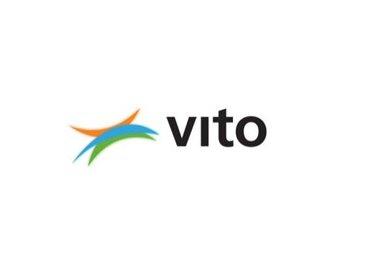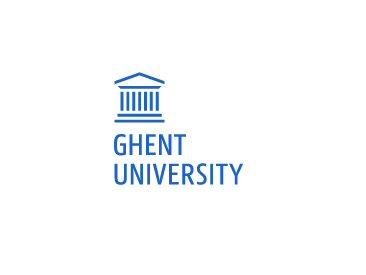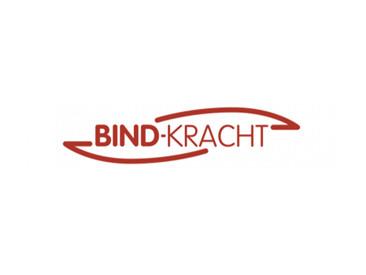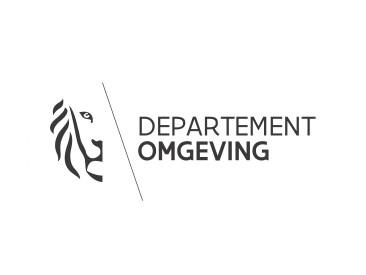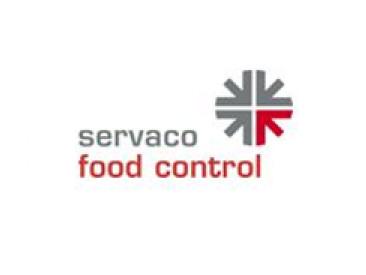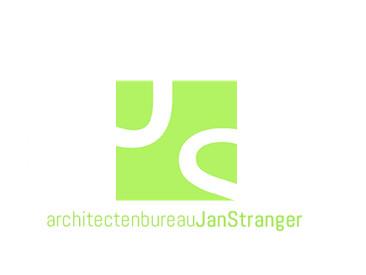This study under the authorithy of the Department Environment of the Flemish Government aims at:
- assessing the impact of energy-saving renovations on the indoor air quality of social dwellings,
- formulating recommendations to inform and sensibilize residents about healthy living in low-energy houses
Energy-saving measures in dwellings and schools are typically individual initiatives, initiated by building owners who are at the same time the occupants. However, in case of social housing renovations, the building owners are usually not the occupants. Moreover, instead of individual initiatives in privately owned houses, renovations in the social housing sector are usually performed on a larger scale, such as district or neighbourhood level.
As a consequence, residents of renovated, or low-energy social housing are often not aware of correct use scenarios of the dwelling and its installation techniques (e.g. mechanical ventilation system), which may result in a misuse of the building, leading to the accumulation of pollutants in the indoor environment, and potential health or comfort related complaints.
In this project a set of chemical, physical and microbiological parameters is measured in houses owned by the social housing sector, both before and after energy-efficient renovations. Characteristics of the building envelope and ventilation system are assessed and by means of a survey, occupant behavior is inventoried.
The collected information and measurement data are analysed, and potential bottlenecks and success factors for healthy living are identified. An important aspect of the project outcomes is the translation of results into a customized communication tool with useful tips to sensibilize and inform building occupants about the healthy living in energy-saving social housing. Furthermore, the project will lead to dedicated recommendations for architects and building designers.
